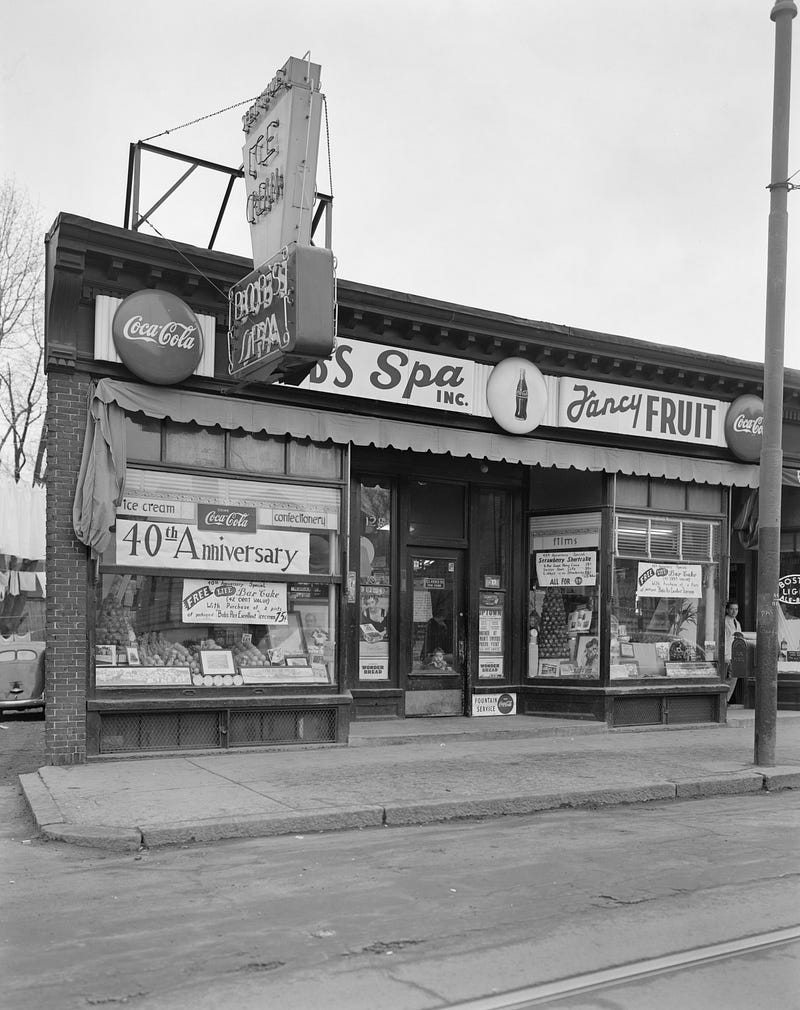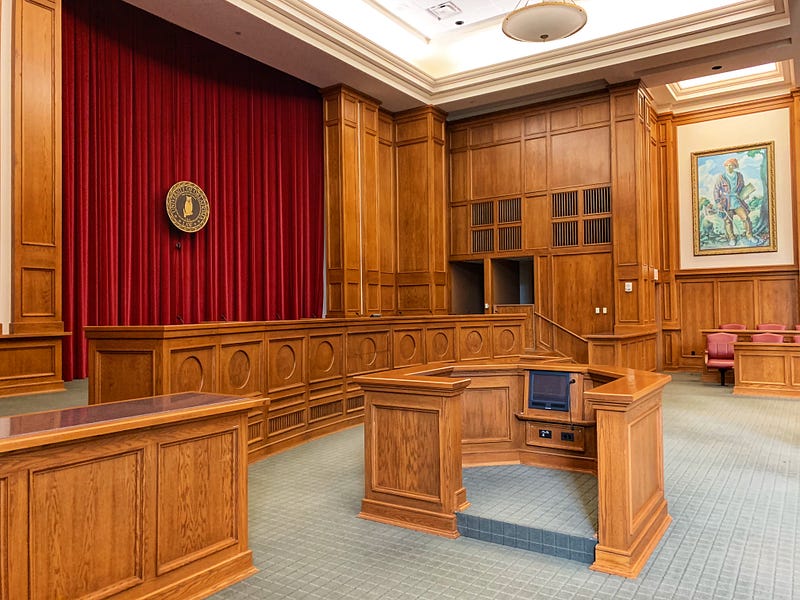A Discussion of Bourgeois Equality Chapter 38 “The Causes were Local, Temporary, and Unpredictable”
People have a tendency to explain how we got where we are in history as if it was an inevitable process, but in this chapter, Dr. McCloskey is advancing the idea the cultural changes that allowed the Great Enrichment to take root require innovation. And innovation at its heart is unpredictable.
This chapter kicks off Part VI of her book where she is exploring the various contributions that led to the eventual appreciation of the bourgeois virtues and the dignity of the common man.
The unintended consequences of bourgeois liberty made the modern world, which has by now a discernible shape: enrichment. No one rationally intended in 1700, by adopting broad-church doctrines and a respect for bourgeois inventiveness, to increase real national income per person by a factor of 30 or 100. (p. 360)
That is, people were motivated by a change in perspective about ideas like liberty, nobility, and rights that caused them to change their behavior, but it was not because of an intention to unleash the Great Enrichment.
She has discussed the Great Chain of Being in an earlier chapter, which captures the idea that prevailed through the Middle Ages that holds to the value of hierarchy.
While it is understandable that the rising merchant class would be attracted to new ideas that esteem the value of each individual, McCloskey notes the elite, too, questioned the idea of nobility.
She quotes a historian of France, Jonathan Dewald, about this elite questioning of what put them at the top.
“Seventeenth-century nobles [in France] became preoccupied with the nature of selfhood…and they came at the same time to doubt many of the ethical underpinnings of their society. They came, in other words, to see the isolated self as real, important, and complicated, and they correspondingly doubted the value, even the reality, of the social conventions that surrounded it.” (p. 364)
Trade tested betterment that leads to the Great Enrichment requires individual freedom to try new things and to let those with the good ideas rise to the top so those can be adopted and adapted by others. Trapped in a hierarchy prevents this chaotic process.
Innovative betterment is unpredictable. That’s what makes it innovative betterment. Otherwise it is merely routine investment, a good thing, surely, but not, as I argued at length in Bourgeois Dignity, world-making. (p. 360)
Conclusion
McCloskey is laying the groundwork in this chapter for the argument that the shift in ideas that led to the rise of “innovative betterment” was revolutionary. It was not instituted by any central planners, nor did anyone set out to cause explosive economic growth for the world. People free to pursue their ideas did however result in that growth.
Some of the factors that led to these new ideas included changes in religion, politics, and rhetoric that were also impacted by changes in technology like the rise of the printing press that increased the ease of sharing ideas. She is exploring these factors in the coming chapters.
Reference: McCloskey, Deirdre Nansen, 2016. “The Causes were Local, Temporary and Unpredictable,” Chapter 38 of Bourgeois Equality, The University of Chicago Press.




